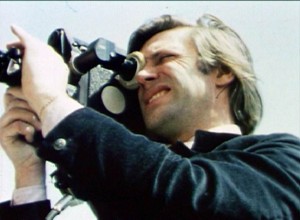 The twenty second person in our series of introductions to performers taking part in International Poetry ReIncarnation at the Roundhouse in Camden on 30th May 2015 is the novelist and filmmaker Peter Whitehead.
The twenty second person in our series of introductions to performers taking part in International Poetry ReIncarnation at the Roundhouse in Camden on 30th May 2015 is the novelist and filmmaker Peter Whitehead.
Peter Whitehead was born to a working-class family in Liverpool, gaining a private-school scholarship and a degree from Cambridge university. He later studied at the Slade, moving quickly into film-making. In 1965 he was at Ginsberg’s Better Books reading, where the Royal Albert Hall reading was planned, and, quickly borrowing a camera, he nominated himself official cameraman for the event. The resulting film, Wholly Communion, gives a fascinating glimpse of this remarkable meeting of British, European and American beat poets, and documents the very beginnings of the British counterculture movement.
1967’s Tonite Let’s All Make Love in London, named for a line in Ginsberg’s ‘Who Be Kind To’, encapsulates the essence of a swinging London populated by now-legendary film stars, models, artists and and musicians. Whitehead also documented the popular music scene, making some of the first televised pop promos for artists such as Jimi Hendrix, Nico, The Dubliners and The Rolling Stones, documenting the young Stones’ 1965 Irish tour in Charlie is my Darling.
In the early 1970s, Whitehead abandoned film-making, and, travelling north Africa and the Middle East, developed an interest in falconry. In 1981 he began working for the Royal family of Saudi Arabia, building and running a private breeding centre. With the start of the first Gulf War in 1989, Whitehead left the Middle East and returned to the UK, where he began a third career as a writer. Novels include Nora and… (1990), The Risen (1994), and Pulp Election, published in 1996 under the pseudonym Carmen St Keeldare. His 1999 novel Tonite Let’s All Make Love in London is, in part, a fictionalised account of his experience as a film-maker in the 1960s.
Peter will be speaking about the impact of the first International Poetry Incarnation after the afternoon screening of his film Wholly Communion. To book tickets, click here.
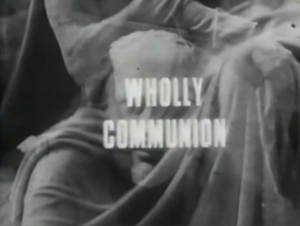
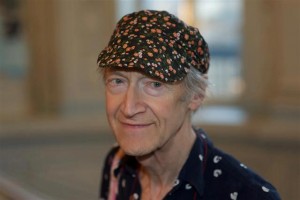
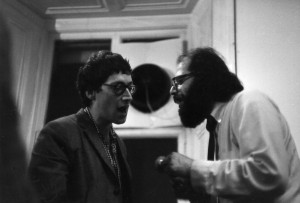
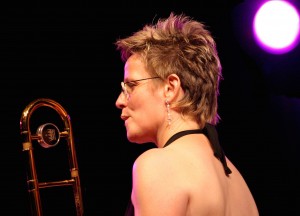
Recent Comments